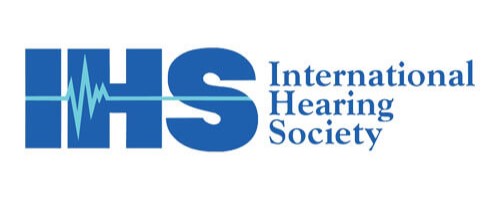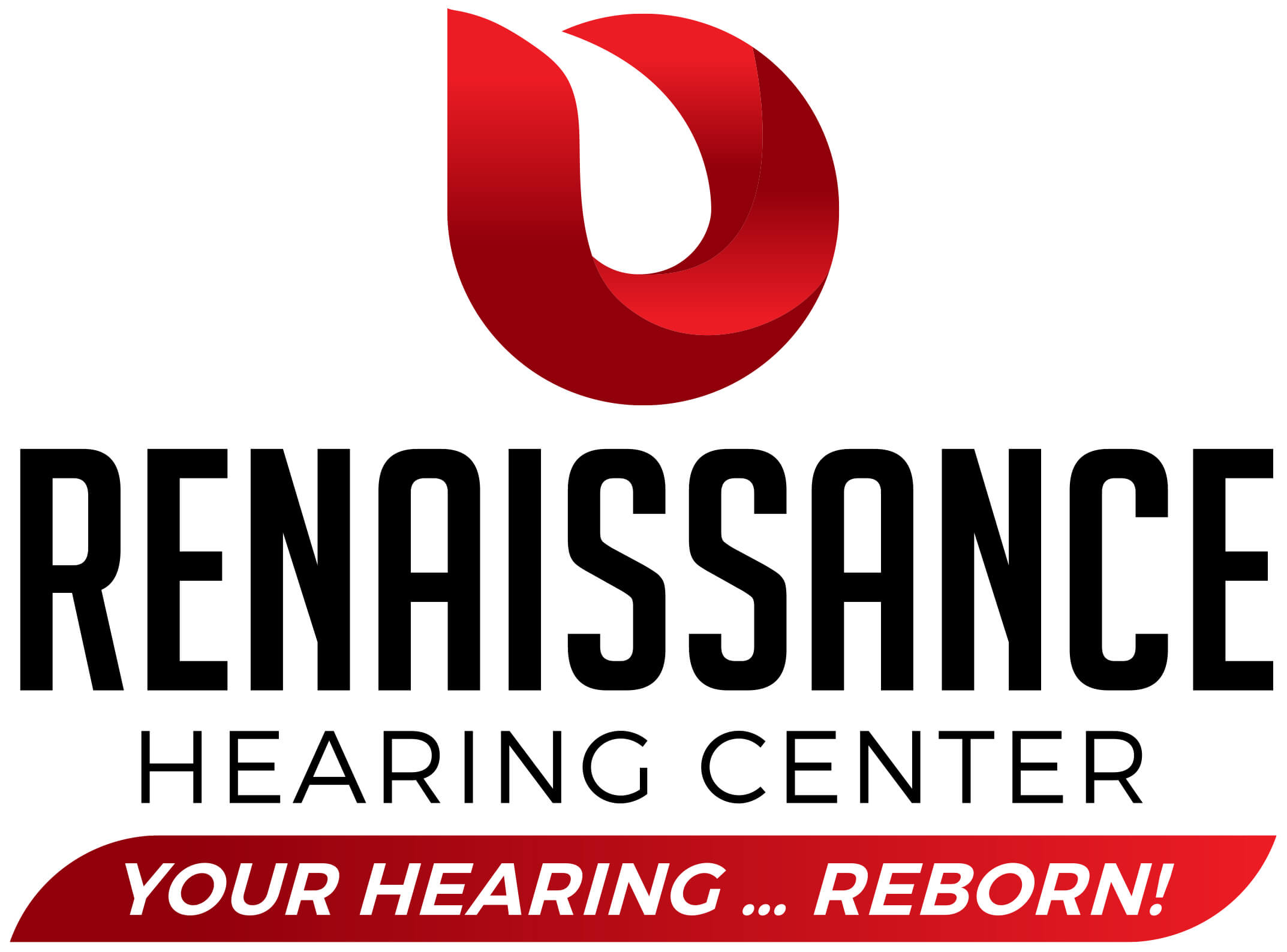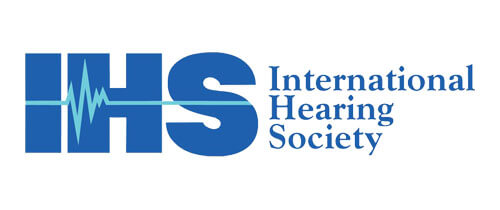Prescription hearing aids are not merely amplification devices. They are intricate pieces of technology customized to meet the diverse needs of individuals with hearing loss. The marriage of advanced computer chips, tailored programming by hearing care providers and ongoing professional support distinguishes prescription hearing aids as the gold standard in hearing healthcare. Choosing prescription hearing aids is an investment in not just a device but a richer, more nuanced experience of the world of sound. Read on to find out more about how prescription hearing aids work.
The Technology Inside Prescription Hearing Aids
At the heart of every prescription hearing aid lies a tiny but powerful computer chip that is the brain of the hearing aid. It is responsible for processing sound signals to provide a true-to-life listening experience. The sophistication of these chips allows for adaptation to various environments, distinguishing between speech and background noise, and adjusting volume levels in real time.
Prescription hearing aids utilize advanced algorithms to mimic the natural function of the human ear. They can analyze incoming sounds and prioritize essential auditory information, making conversations clearer and more enjoyable. This technology not only enhances hearing, but also reduces the effort required to comprehend speech in noisy settings.
Hearing aids have multiple programs as well. If, for example, you are a musician, your hearing needs may be very different during a rehearsal, so your hearing care provider can help develop a custom program for your hearing aid. These programs can be accessed through an app on your phone or the buttons on the hearing device.
The type of earpiece your hearing aid has is also customized to your hearing loss and comfort. For those with milder hearing loss, or who have “normal” hearing at certain frequencies, an open dome is found at the end of the hearing aid. Open domes allow for the most natural sound to enter the ear alongside the prescription sound from the hearing aid. For those with more of a loss, a closed dome or even a custom earmold can be fitted to keep all the sound from the hearing aid microphone inside the ear and as loud as needed. Earmolds can be made from a variety of materials and even in various colors to ensure the user is comfortable.
The Crucial Role of the Hearing Care Provider
While the technology inside prescription hearing aids is groundbreaking, their true magic unfolds when paired with the expertise of professionals. They play a pivotal role in the prescription and fitting process, ensuring that the hearing aids are calibrated to meet the unique needs of each individual.
During an initial consultation, these experts conduct thorough assessments to understand the type and degree of hearing loss. Hearing care providers consider assessment results and factors like lifestyle, communication needs and personal preferences to recommend the most suitable hearing aid model. The prescription is then programmed into the computer chip, laying the foundation for a personalized listening experience.
Regular follow-up appointments are essential after hearing aids are programmed. Hearing aid settings will be fine-tuned, adjusted based on the wearer’s feedback and any changes in hearing. If, for example, a person finds that sudden loud noises are too loud, this can be adjusted. This ongoing support is critical in making sure that the hearing aids are helpful and don’t end up being left at home in a drawer!
The Future of Hearing Healthcare: Embracing Personalization
As technology continues to evolve, the future of hearing healthcare is becoming increasingly personalized. Prescription hearing aids stand at the forefront of this evolution, offering a unique blend of cutting-edge technology and individualized care. The integration of artificial intelligence and enhanced Bluetooth capabilities in hearing aid design holds the promise of even better experiences for the hard-of-hearing.
The role of the hearing care provider will continue to be crucial to the success of hearing aids for most users – not only does the provider customize and assist the user with programming, but they offer thoughtful counsel and meaningful advice to those with hearing loss and their loved ones.





